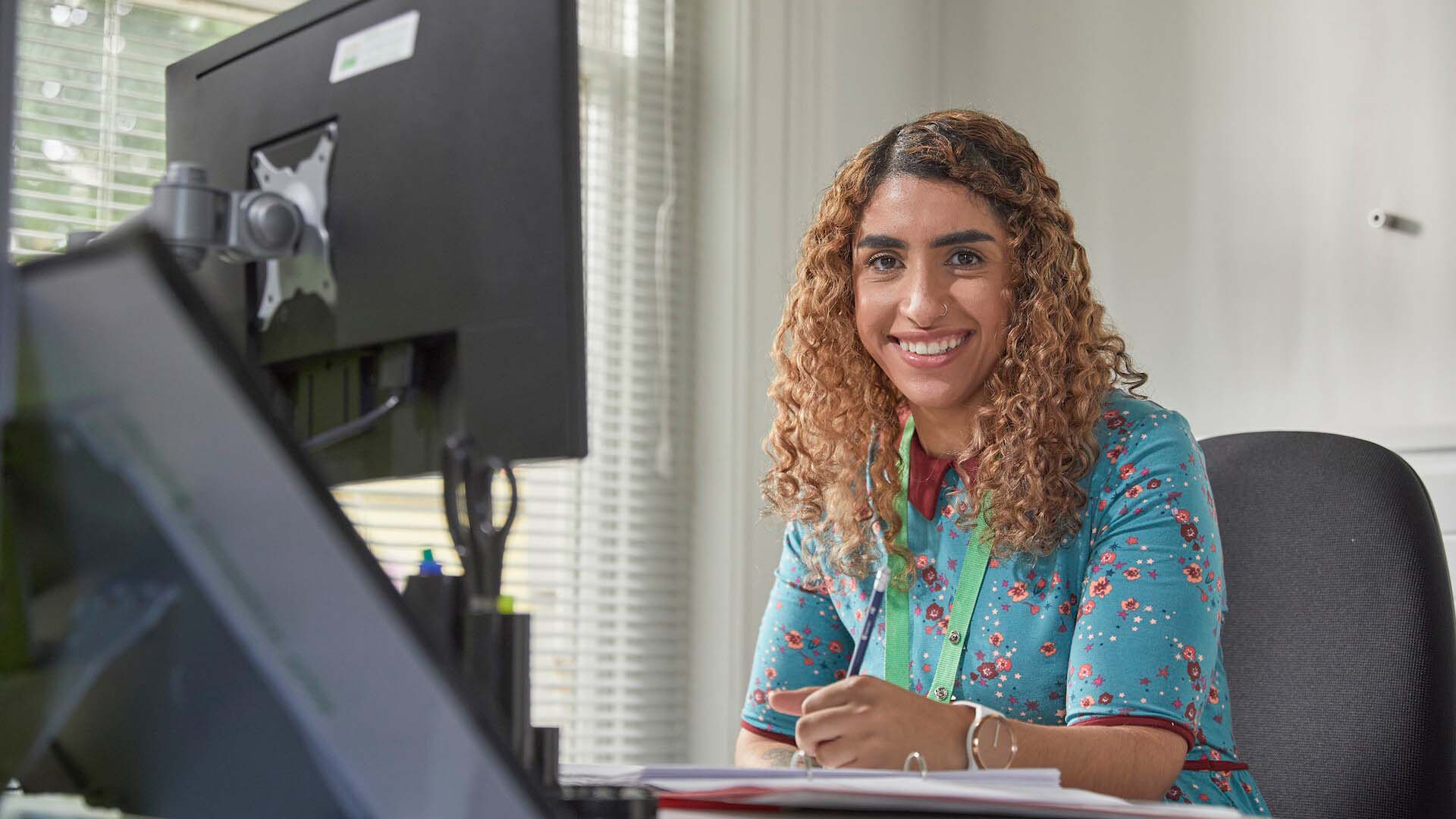Select a Category

The NSPCC share their top tips on how to help young people experiencing poor mental health, ahead of Mental Health Awareness Week
Sometimes it can be hard as a parent to know how best to help a child who may be struggling with their mental wellbeing.
It’s why, ahead of Mental Health Awareness week, the NSPCC have shared some of their top tips on how to help a young person who could be experiencing poor mental health.
Everyone is different, but you know your child best. If you notice signs such as becoming withdrawn, a persistent low mood, or problems eating or sleeping, these could be signs of mental health problems.
As a friend, parent or guardian there are many ways you can help.
- It is so important that you remain calm and actively listen to them, to help understand what they’re going through
- Don’t be upset if they’re not willing to talk to you; it might be difficult for them
- Suggest getting help from a teacher, someone they trust, or a Childline counsellor
It’s important we have open and continuous dialogue about mental health, not just throughout this week, but regularly, to enable children to feel confident talking about how they are feeling, knowing they will be listened to.
Children contact Childline about many things, from exam stress and low mood, to eating disorders, anxiety, and in some cases suicidal thoughts they may be having.
They can do this over the phone on 0800 1111, or through our 1-2-1 counsellor chat service on childline.org.uk.


